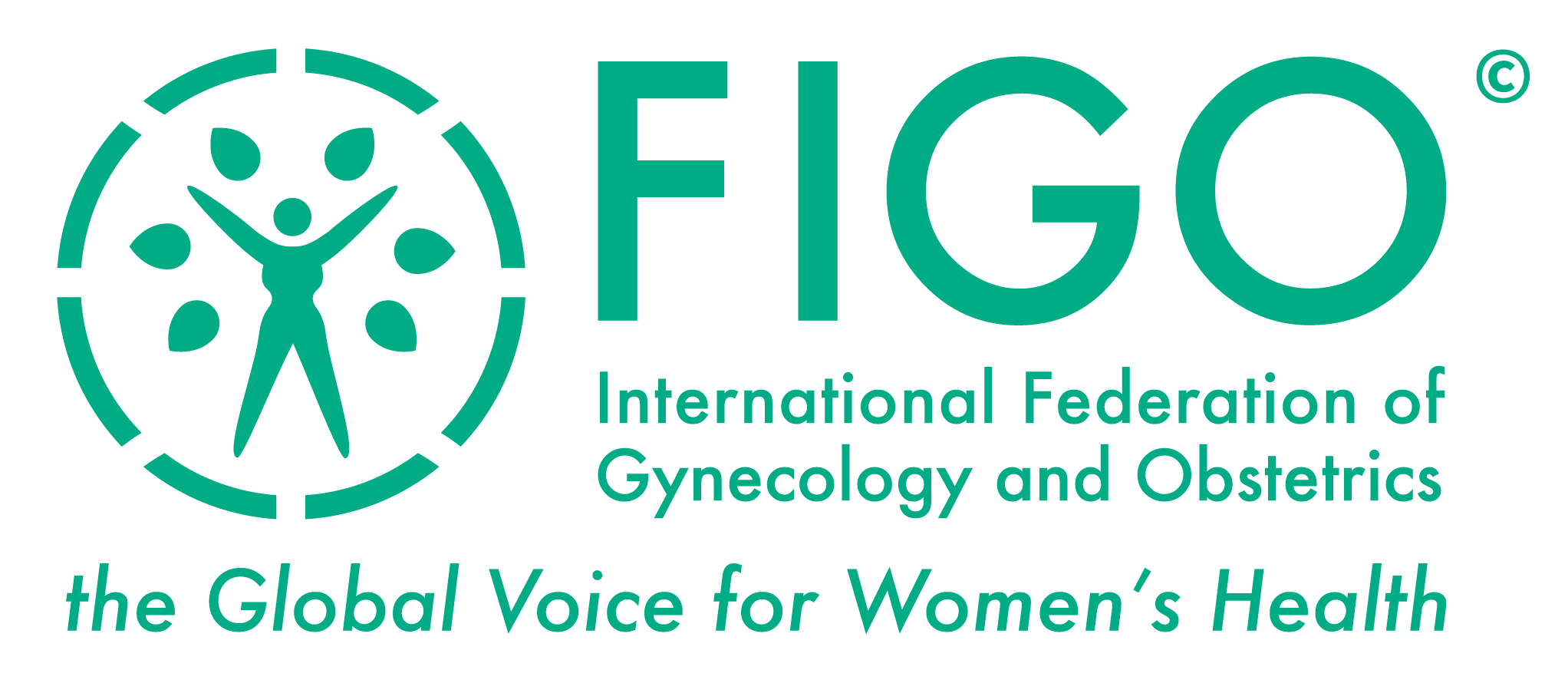
4. Identify and improve education on risk factors and encourage male partner involvement: Implementation of sex education in schools can reduce the incidence of sexually transmitted infections (STIs) and unwanted pregnancy. Furthermore, involving males in education can improve the quality of life and the family outcomes of fertility treatment.
Lack of sexual education in schools and the early initiation of sexual activity increase the risks of sexually transmitted diseases and other conditions, some of which may affect fertility. This, together with delayed childbearing in urban communities, contributes to both reduced fertility and increased exposure to risk factors. In the absence of education in schools, the PHC clinic should provide mothers with tools to educate their children on how to prevent unwanted pregnancies and STIs.
In addition, in many communities it is difficult to involve husbands in the management of infertility; this is often due to the popular belief that fertility is associated with masculinity and femininity. In some cultures and ethnic groups, the responsibility of the male partner in reproduction is not recognized, and it is therefore difficult—if not impossible—to gain their participation in diagnostic or therapeutic procedures. The involvement of the husband may also be seen as weakness. This may result in his not allowing his wife to disclose their infertility or, in polygamous societies, simply obtaining another wife. Efforts should be made to facilitate the collection and examination of semen sample in accordance with cultural and religious values. Discussions with religious or other leaders that can identify acceptable behaviours for both men and women to facilitate fertility diagnosis, and treatment should be undertaken by PCPs.
